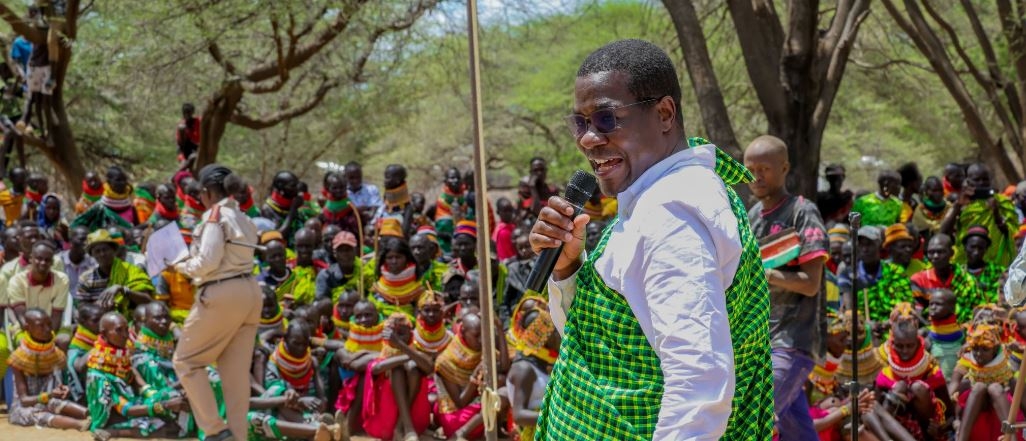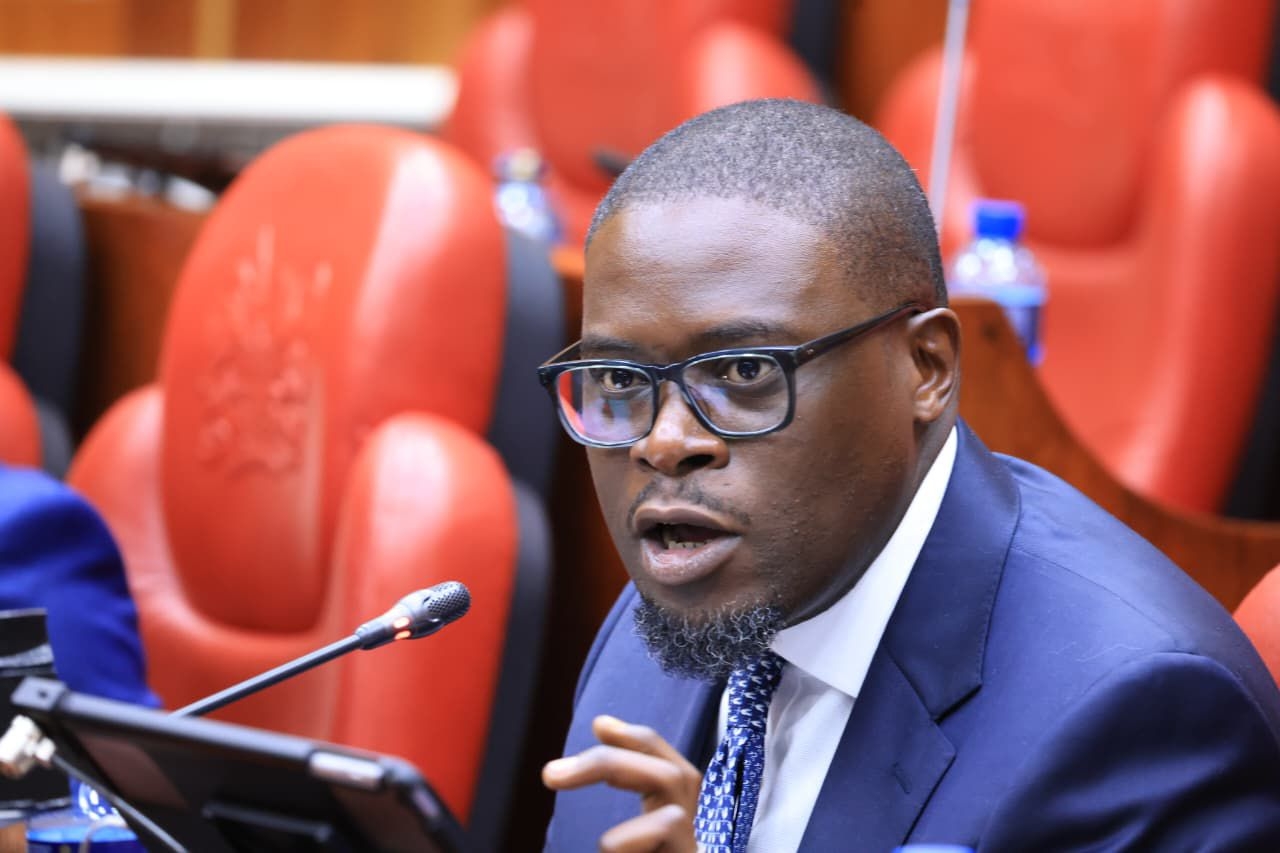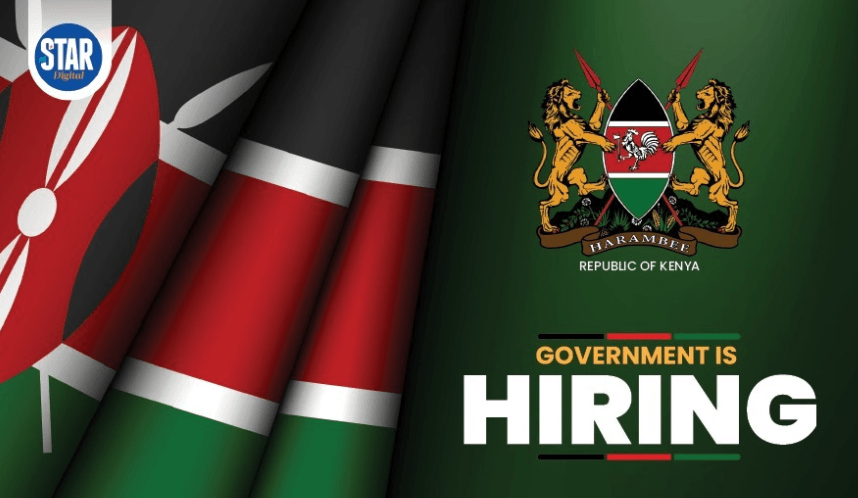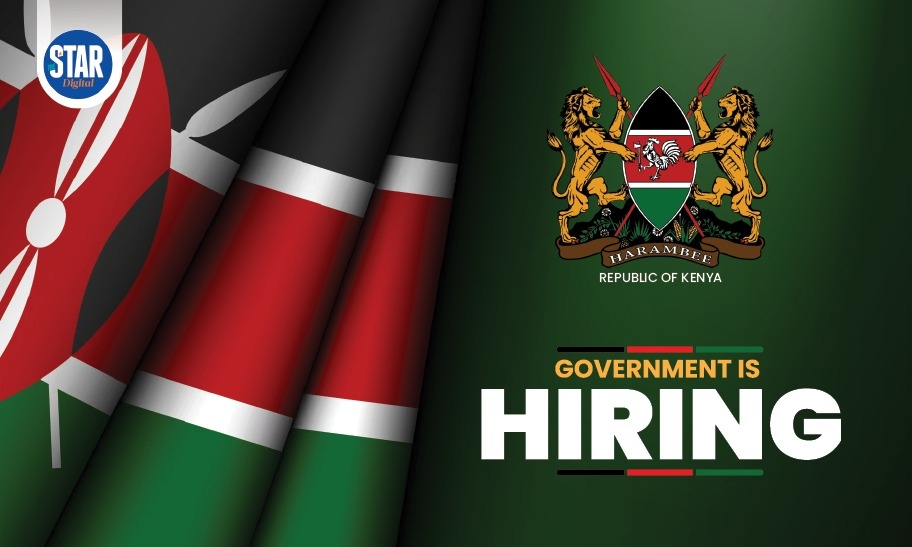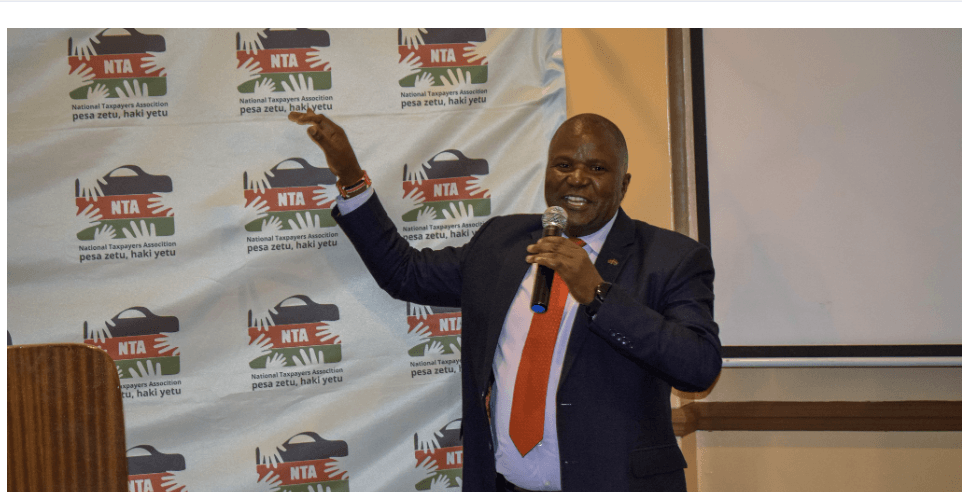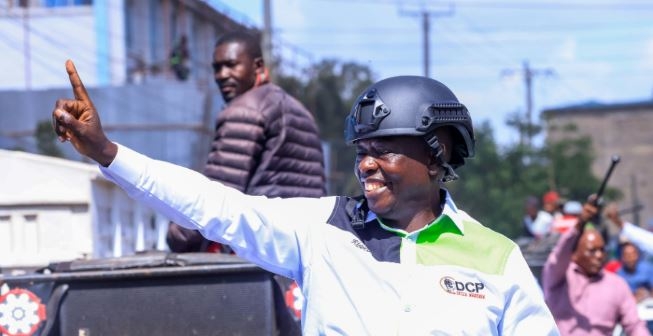Recently, I attended an intergenerational dialogue forum organized by Rona Foundation that brought together widows and male youth, mostly fishermen and boda boda operators in Siaya.
“The fishing business does not pay anymore, and our children are destined to experience a vicious cycle of poverty,” said Mary, a 58-year-old widow from Bondo.
That statement echoes the cry of many widowed mothers across the region who are witnessing their children squander their lives away due to a lack of opportunity and resources.
Indeed, a month later, CBK FinAccess published a Household Survey that reported that Siaya at is amongst the seven counties with the highest number of youths participating in betting and gambling activities to make quick money, at 26% above the national average of 11%.
In Siaya, most youths are primary and form four school leavers who have resorted to low-rewarding economic activities like fishing, boda boda, peasant farming, mining and/or idling.
They speak of frustration and lack of opportunities, no ‘god fathers’, or proper role models – making some resort to gambling, drug and substance abuse, child sex/marriage.
Their situation has been worsened by the recent climate change crisis of mass death of fish in Lake Victoria that has led to the loss of livelihoods for many.
Even so, a low literacy level is no defense for any youth to evade hard work.
Men in particular have been protectors and providers for generations, and the increased moral degradation, irresponsible use of technology, and pitiable work ethics leading to poor intergenerational relations – and more burden to female family members must be addressed at the individual, family and community level.
While their cry for role models is understandable, the region is known to have some of the best brains – that the youth brag about – as ‘ours-, the PLOs Lumumbas, Governor James Orengo referred to as a walking katibas.
There are also engagement spaces – like those organized by Siaya Muungano Network, that are advocating for a youth empowerment bill as well as those by other CSOs and duty-bearers in the region.
“Right now, there are over 1.2 million Kenyans earning from online jobs, you can be one of those people, but you must get up and get out,” challenged Col. Oguna, Chief of Staff, Siaya County.
Many other voices like that of the former government spokesperson, can be seen on social media – with key influencers asking youth to register companies, come together and ideate progressive ideas, use talent and ease the burden on their mothers, wives and sisters - for many such female members of the family like Mary.
Some examples of county interventions are also traceable. Recently, Bungoma set one by launching a pilot Programme that trained 35 youth as Trainers of Trainees (TOT’s) on how to find online jobs and monetising access to the Internet in partnership with Ajira Digital, a government initiative that enhances youth employment in Kenya through online job.
The TOTs were also tasked with mentoring other youth interested in earning a living through online work.
Such models offer an example of empowerment to self-employment in alternative livelihoods in these digital times.
Still, a lot can be done by county governments to wipe the tears of widowed mothers. They can begin by addressing youth unemployment for what it is: access to higher education and opportunities leading to wasted brains.
Added to it, is embracing the idea of hard work and not ‘soft life’, propelled by peers through discourse in safe spaces.
Long term, they can establish targeted youth programs aimed to invest in improving access to Technical & Vocational Trainings (Tvets).
They should also invest in marketing the Lake Region bloc as investment spaces - secure enough for industrialization – aimed to create jobs.
The youth are crying for more than hope, let’s create ways for them to make a living.
Roseline Orwa is the founder and Director of the Rona Foundation, a grassroots organization in Kenya that works to advance and protect widows' rights, as well as provide support to orphans and vulnerable children. She is a 2021 Aspen New Voices Fellow. She tweets @RoselineOrwa.




